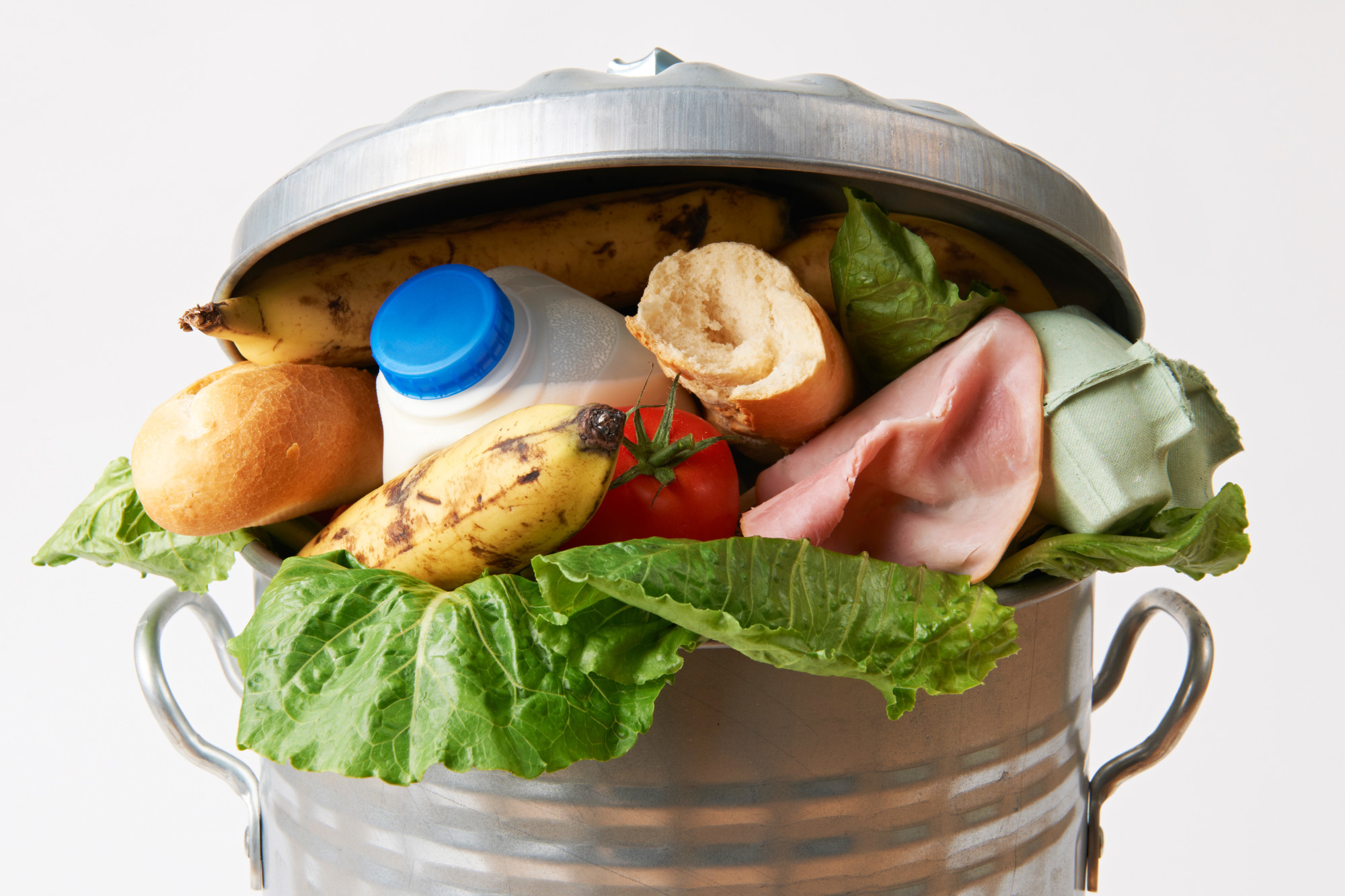Hello and welcome to the fascinating world of food waste! Did you realize that one-third of all human-produced food goes to waste?
Every year, nearly a billion tons of food are wasted. Isn’t that shocking? It’s time to take action and make a difference.
In this post, we’ll look at some unexpected food waste facts and provide simple and practical waste-reduction solutions. By adopting these guidelines, we can assist to conserve natural resources, minimize greenhouse gas emissions, and promote equitable food distribution.
Continue reading to see how you can make a difference and reduce food waste starting now!
How Much Food Is Wasted?
Every year, one-third of all food produced for human consumption is wasted, according to the Food and Agriculture Organization of the United Nations (FAO). This equates to around 1.3 billion tons of food, enough to feed 2 billion people.
The vast bulk of food waste occurs at the consumer level, with households discarding over 40% of the food they buy. Food waste happens at the retail and food service levels, as well as during the manufacturing and transportation processes.
The Environmental Impact of Food Waste
Food waste has a severe environmental impact. Methane, a greenhouse gas 25 times stronger than carbon dioxide, is released as food decomposes in landfills. Landfill methane emissions contribute to climate change, air pollution, and water pollution.
Food waste also contributes to deforestation by clearing areas to cultivate foods that are then discarded. Furthermore, food waste necessitates the use of energy to manufacture, transport, and dispose of, which contributes to greenhouse gas emissions.
The Economic Impact of Food Waste
Food waste has a big economic impact as well. According to the FAO, the annual cost of food waste is over $1 trillion. This covers the costs of lost production, sales, and waste disposal.
Wasted food also threatens the food security of millions of people around the world. As many as 828 million people go to bed hungry. Reducing food waste will assist in ensuring that there is more food available to feed those in need.
What Can You Do to Reduce Food Waste?
It is simpler than you might think to reduce food waste. You can help minimize trash and have a beneficial influence on the environment by making a few simple changes in your everyday routine.
Plan your meals ahead of time and just buy what you need. This can assist in limiting over-purchasing and keeping food from spoiling. Another option is to properly store food to increase its shelf life.
To help people in need, you can also recycle leftovers or donate excess food to organizations such as the Treasure Coast Food Bank. We can all help to reduce food waste and save natural resources by adopting these easy steps.
Take Action Against Food Waste Facts Today!
Food waste is a worldwide issue that requires a quick response. We may help our world and society by becoming aware of the frightening food waste facts and implementing easy and practical methods.
Remember that eliminating food waste not only helps to conserve natural resources, but also helps to feed people in need. Let us take action and contribute to ensuring a sustainable future for future generations.
Visit our page to learn more and to begin decreasing food waste right away!
